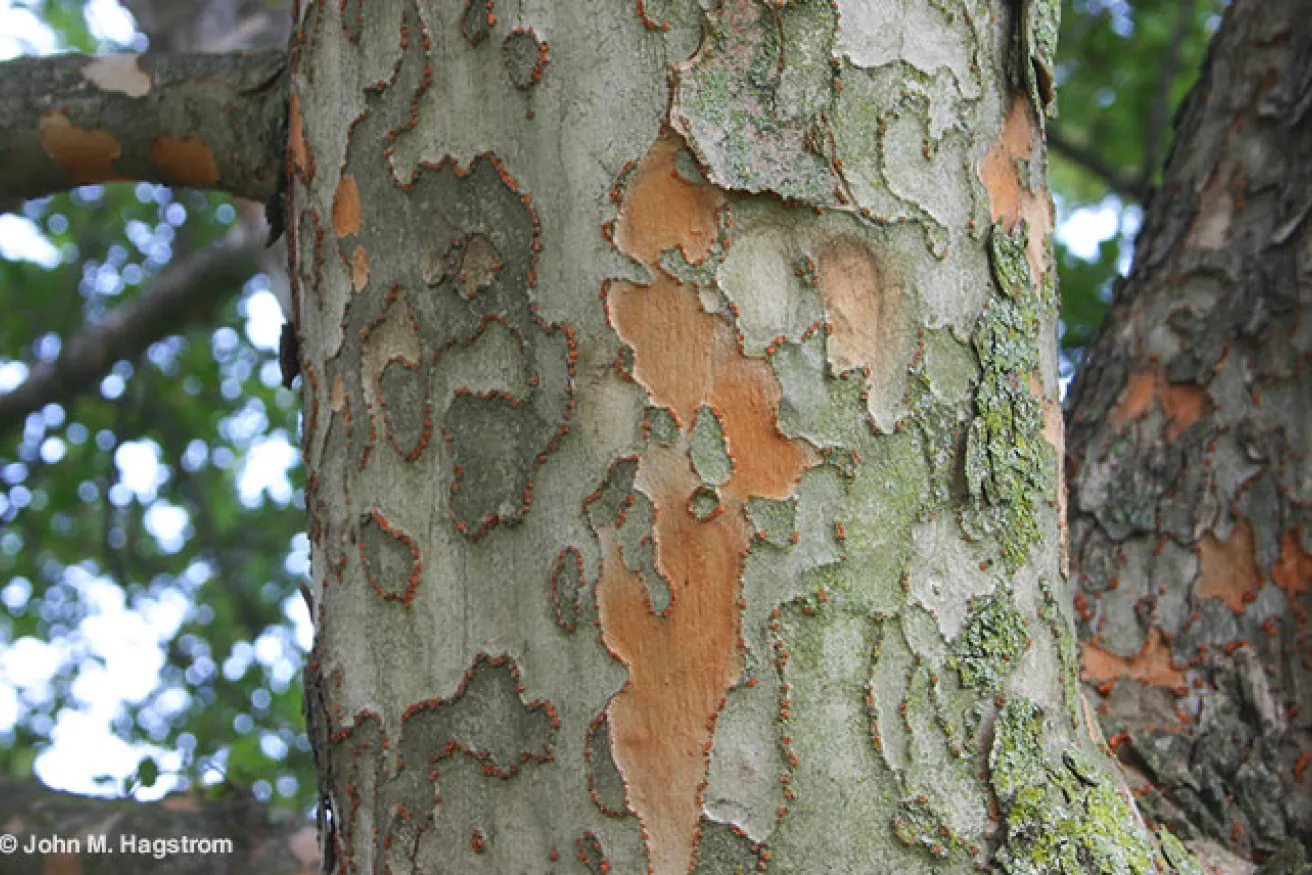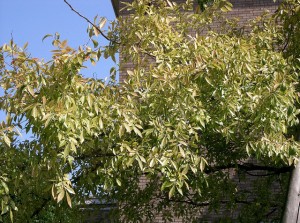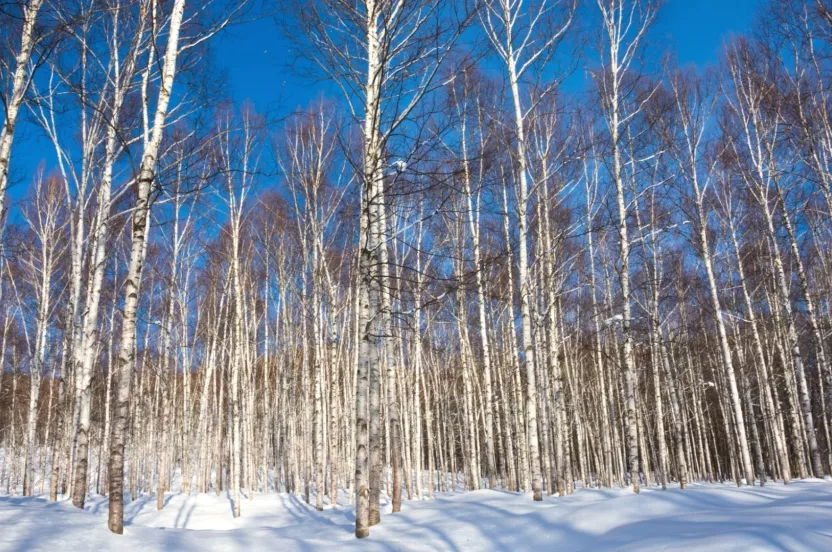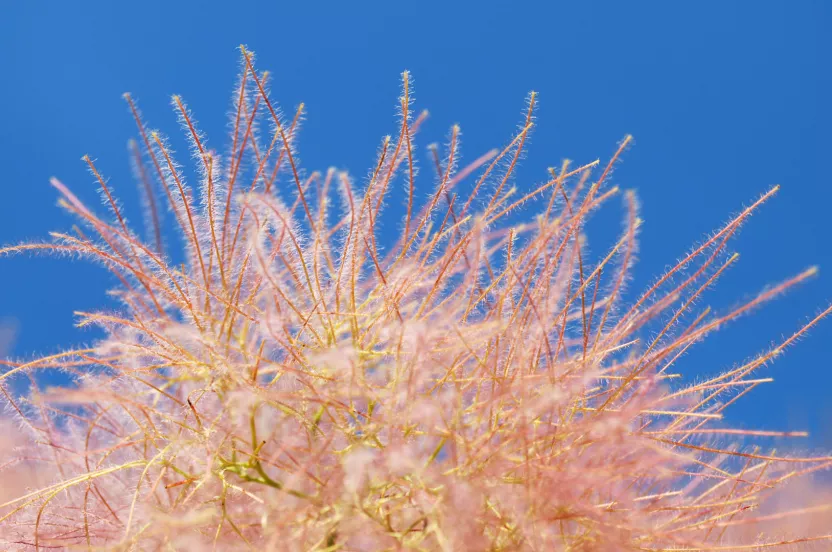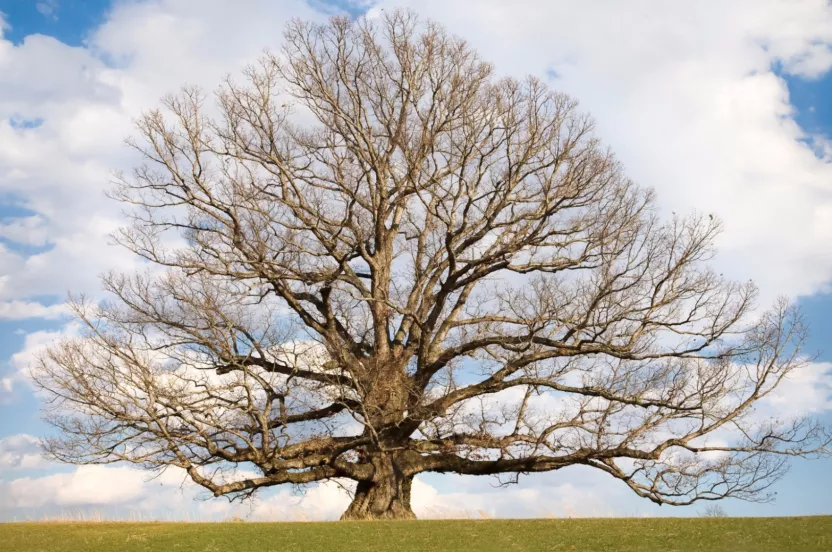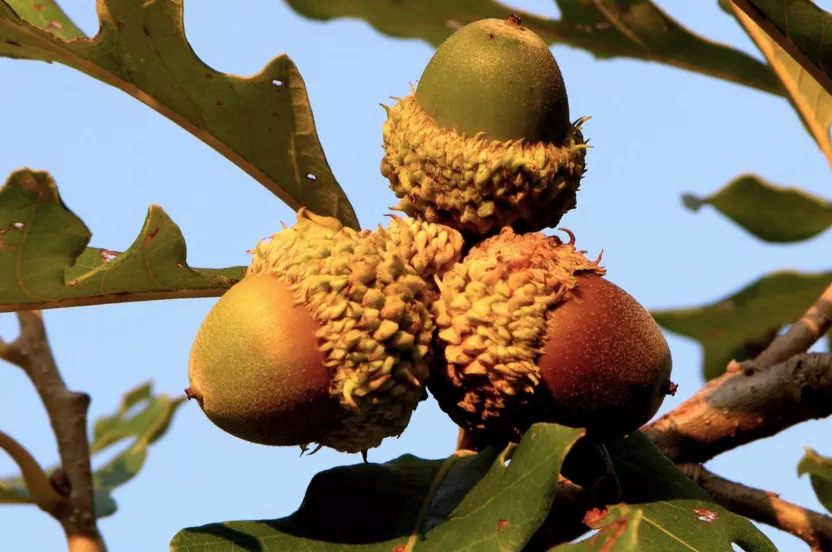The Arbor Day Foundation is pledging 10 million trees to areas impacted by hurricanes Helene, Milton Help us replant
Considered a handsome and very durable tree, the Lacebark Elm is attractive as a street tree because of its ability to grow in adverse conditions and its relative freedom from the diseases that have ravaged many other Elm species. It earns its name from its distinctive bark that creates colorful patterns in its trunk resembling lace.
Here are a few things to note if you’re considering adding a lacebark elm to your yard.
Environmental Conditions:
-
Lacebark elm grows well in rich, moist, well-drained, sandy, clay and loamy soils (hardiness zones 5-9).
- Medium to fast growing tree, growing two to three feet a year and reaching 40-50 feet at maturity.
- Full sun is ideal, but does well in multiple sun exposures.
- Has some flood tolerance and drought resistance.
Physical Attributes:
- Produces luscious, dark green leaves that change to yellow and red in the fall.
- Has a distinctive bark that makes the tree stand out from others.
- Has a strong, rounded, crown making it ideal as a shade tree.
Do you have a lacebark elm? Tag us in a photo with it, we’d love to see!

